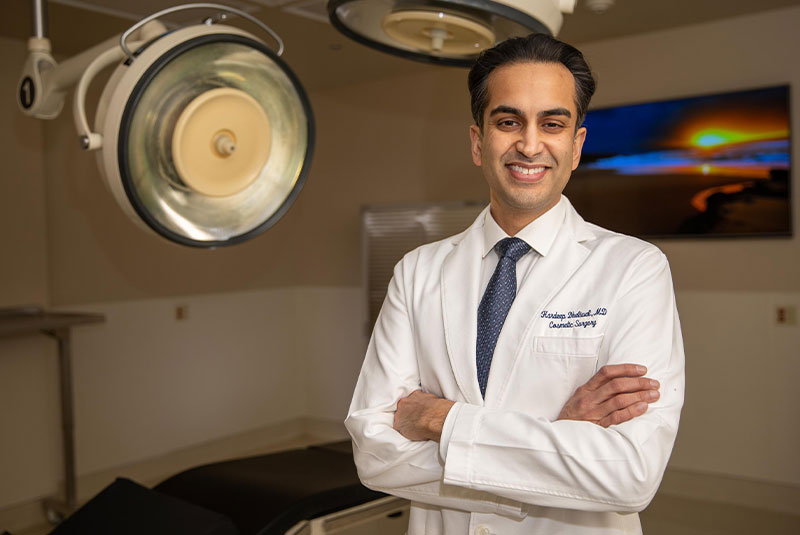


Wisdom teeth are the third and final set of molars that emerge, usually during your late teens to early 20s. Notorious for not erupting when and as they should, wisdom teeth frequently become impacted. Even if you can’t see your wisdom teeth through your gums, that doesn’t mean they’re not doing harm below the surface. Wisdom teeth can sometimes grow at an angle and harm neighboring molars or cause structural damage to the jaw. This area may also develop a cyst or infection that is harmful to your bone, gum tissue, and existing teeth. It’s important to watch for the signs of impacted wisdom teeth and receive an evaluation from an oral and maxillofacial surgeon if symptoms arise.
Some of the possible problems related to not removing your wisdom teeth include:
I understand the information disclosed in this form may be subject to re-disclosure and may no longer be protected by HIPAA privacy regulations and the HITECH Act.